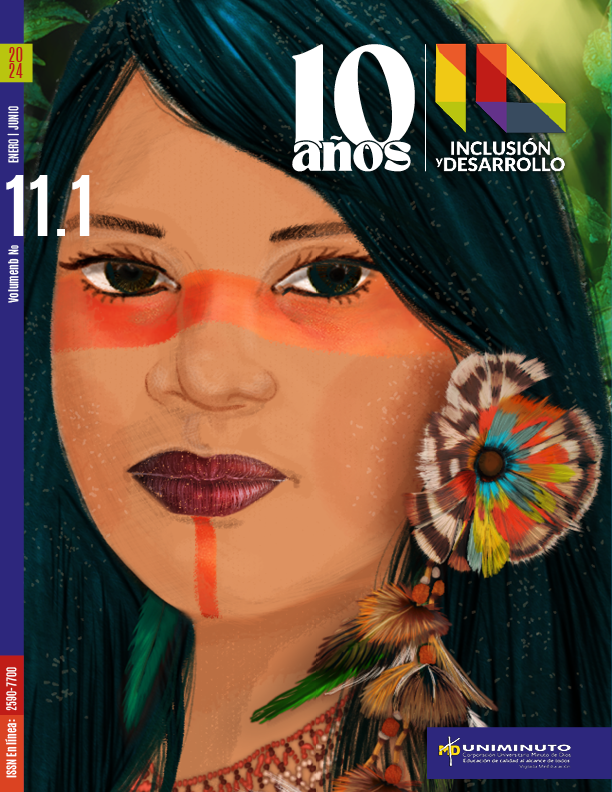Theoretical and methodological keys to understanding research in inclusive education
Main Article Content
Abstract
This paper presents some theoretical and methodological keys to understand the ways of conceiving research in inclusive education. The method used has been that of critical documentary review. Inclusive education imposes a structure of knowledge that operates in the register of heterogeneity and interreferencing. It is, in turn, a politically committed terrain. It is precisely the political that defines its existence in the world. For inclusive education to penetrate deeply, it needs a corpus of brilliant and sophisticated ideas, but, above all, it needs to consolidate an intervention at the level of institutional relations. This attribute, together with the definition of the object and many other problems, becomes critically and imaginatively critical. A brilliant and clear idea is not synonymous with a consistent intervention in the structures of the world-system we inhabit. What is at stake is the warning that urges us to understand the ethical-political heart of the responsibility that each of the central arguments that this field indexes contains. The paper concludes by observing that, if we had to think about the type of research it builds, we would undoubtedly have to maintain that it is of a critical nature.
References
Bowman, P. (2008). Deconstructing Popular Culture. Palgrave MacMillan.
Bowman, P. (2022). The Task of the Transgressor. Culture Machine.
https://culturemachine.net/deconstructionis-in-cultural-studies/the-task-of-the-transgressor/
Brea, J. L. (2003). Los estudios visuales: por una epistemología política de la visualidad. En J. L. Brea (Ed.), Estudios visuales. La epistemología de la visualidad en la era de la globalización (pp. 5-14). Akal.
Foucault, M. (1970). La arqueología del saber. FCE.
Hall, S. (1992). Cultural Studies and Its Theoretical Legacies. En L. Grossberg, C. Nelson y P. Treichler (Eds.), Cultural Studies (pp. 277-294). Routledge.
Hill Collins, P. (2019). Intersectionality as Critical Social Theory. Duke University Press.
Laclau, E. y Mouffe, C. (1985). Hegemony and Socialist Strategy: Towards a Radical Democratic Politics. Verso.
Lugones, M. (2021). Peregrinajes. Teorizar la coalición contra múltiples opresiones. Ediciones del Signo.
Mowitt, J. (1992). Text: The Genealogy of an Antidisciplinary Object. Durham and London.
Ocampo González, A. (2017). Epistemología de la educación inclusiva: un estudio sobre sus condiciones de producción y fabricación del conocimiento. Ediciones UGR.
Spivak, G. y Gunew, S. (1993). Questions of Multiculturalism. En S. During (Ed.), The Cultural Studies Reader. Routledge.
Thomas, G. y Loxley, A. (2007). Deconstrucción de la educación especial y construcción de la inclusiva. Morata.






